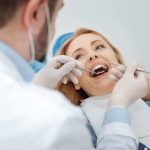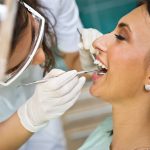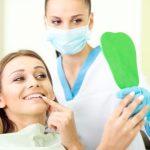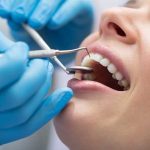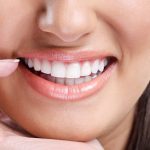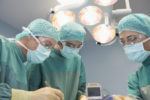Quick Guide: When Can You Eat a Burger After Wisdom Teeth Removal?
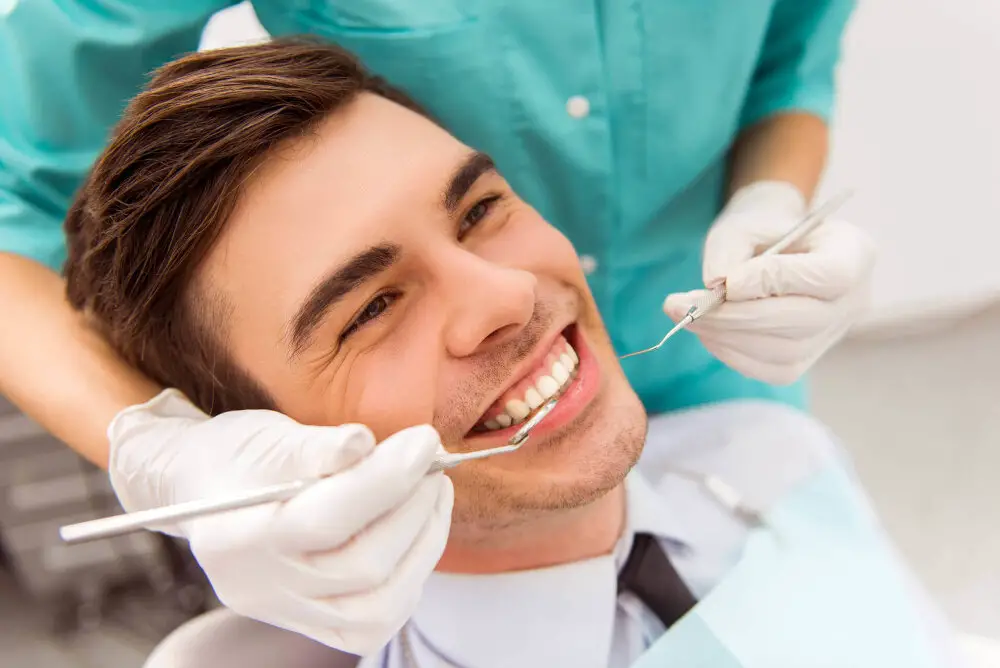
Wisdom teeth removal is a common oral surgery that many people undergo. While it is a routine procedure, it can cause considerable discomfort and inconvenience, especially when it comes to eating. One of the most common questions that patients have after wisdom teeth removal is when they can eat a burger. Burgers can be a challenging food to consume after oral surgery, as they are typically tough to chew and contain a range of ingredients that can be irritating to the surgical site. However, with the right knowledge and approach, it is possible to enjoy a burger after wisdom teeth removal without causing any harm. The timing of when you can eat a burger after wisdom teeth removal largely depends on the individual’s healing process. Generally, patients should avoid consuming solid foods for the first few days after surgery and stick to soft, easy-to-chew foods. After this initial healing period, patients can gradually start to reintroduce solid foods into their diet, but should still avoid anything too tough or crunchy that could irritate the surgical site. By following a few simple guidelines and listening to your body’s signals, you can safely and comfortably enjoy a burger after wisdom teeth removal.
Wisdom teeth removal is a common surgical procedure in which one or more wisdom teeth are extracted from the gum line. Wisdom teeth are the last set of molars that emerge in the back of the mouth and often cause pain, infection, or damage to other teeth. The procedure is typically done under local anesthesia, and the recovery period can take up to a week or more. During this time, patients may experience pain, swelling, and difficulty eating or speaking. It is important to follow post-operative instructions provided by the dentist or oral surgeon to ensure proper healing and prevent complications such as dry socket. While it may be tempting to eat solid foods such as burgers soon after the procedure, it is recommended to stick to soft foods and liquids for the first few days until the swelling subsides and the healing process is well underway.
Following postoperative instructions is crucial in ensuring a successful recovery after a surgical procedure. These instructions are provided by healthcare professionals to guide patients on what to do and what to avoid during the recovery period. Failure to adhere to these instructions may lead to complications that can prolong the healing process, increase the risk of infection, and even require additional medical attention. In the case of wisdom teeth removal, patients are advised to be cautious about what they eat and drink, avoid smoking, and maintain good oral hygiene practices. By following these instructions, patients can minimize discomfort, reduce the risk of complications, and ensure a faster and smoother recovery.
What to Eat After Wisdom Teeth Removal
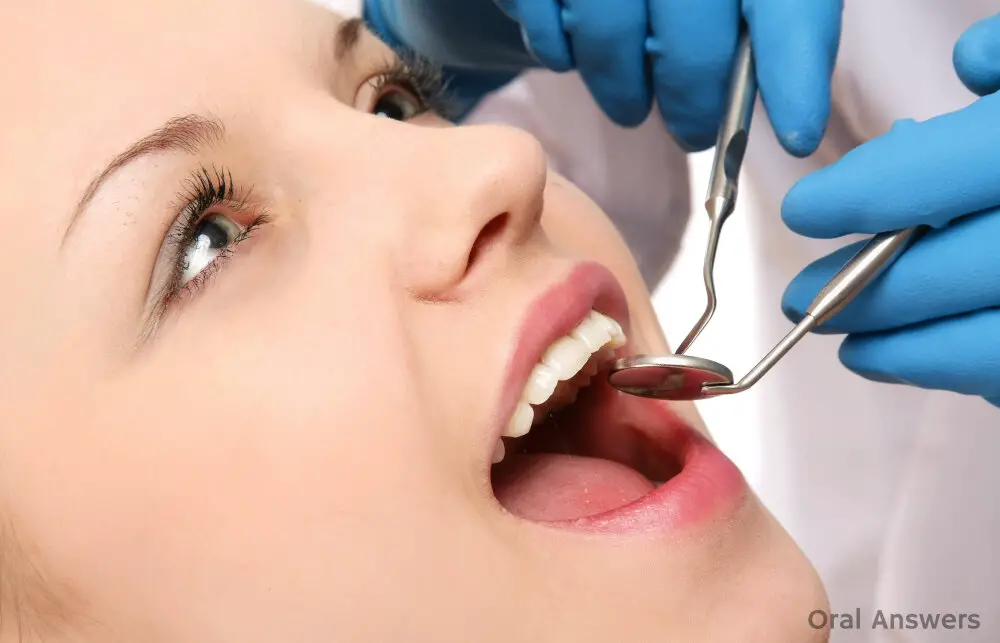
After wisdom teeth removal, it’s important to stick to a soft and easy-to-eat diet for at least the first few days. This will help to prevent any discomfort or complications during the healing process. Some good options for foods to eat after wisdom teeth removal include soups, smoothies, mashed potatoes, and soft fruits like bananas and avocados. It’s also important to stay hydrated by drinking plenty of water and avoiding any hot liquids that could irritate the extraction site. As you start to feel more comfortable, you can gradually introduce more solid foods into your diet. This might include foods like scrambled eggs, cooked vegetables, and well-cooked pasta. However, it’s important to avoid any hard, crunchy, or sticky foods that could cause irritation or damage to the extraction site. It’s also a good idea to avoid spicy or acidic foods that could cause discomfort or irritation. By following these guidelines and gradually reintroducing solid foods into your diet, you can help to ensure a smooth and comfortable recovery after wisdom teeth removal.
After wisdom teeth removal, it is important to stick to soft food options to avoid irritating the surgical site. Soft foods that are easy to chew and swallow include mashed potatoes, scrambled eggs, soup, oatmeal, yogurt, and smoothies. It is also important to avoid foods that are spicy, crunchy, or require excessive chewing. These types of foods can cause discomfort and delay the healing process. Soft food options provide essential nutrients and hydration to aid in the healing process and make the recovery period more bearable. It is recommended to continue with soft food options for at least the first few days after wisdom teeth removal to ensure a smooth recovery.
Liquid diets are often recommended after wisdom teeth removal surgery to prevent any damage or irritation to the surgical site. A liquid diet consists of consuming liquids such as smoothies, soups, and juices that are rich in nutrients and easy to swallow. These diets typically exclude solid foods, including burgers, which can be difficult to chew and digest. It is important to follow a liquid diet for the recommended amount of time to allow for proper healing and to avoid any complications. Gradually introducing solid foods back into the diet can help prevent discomfort and ensure a smooth recovery process.
After undergoing wisdom teeth removal, it is essential to avoid certain foods that can harm your healing process. Firstly, avoid hard and crunchy foods such as chips, nuts, and popcorn, as they can damage the socket and cause bleeding. Secondly, acidic and spicy foods can irritate the wound and delay the healing process. Moreover, avoid hot foods and drinks as they can increase the blood flow to the wound and cause pain. Lastly, foods that are sticky or require excessive chewing such as candy and chewing gum should be avoided as they can dislodge the blood clot and cause dry socket. It is advisable to stick to soft and nutritious foods like smoothies, soups, and mashed potatoes to ensure a faster recovery.
Healing Time After Wisdom Teeth Removal
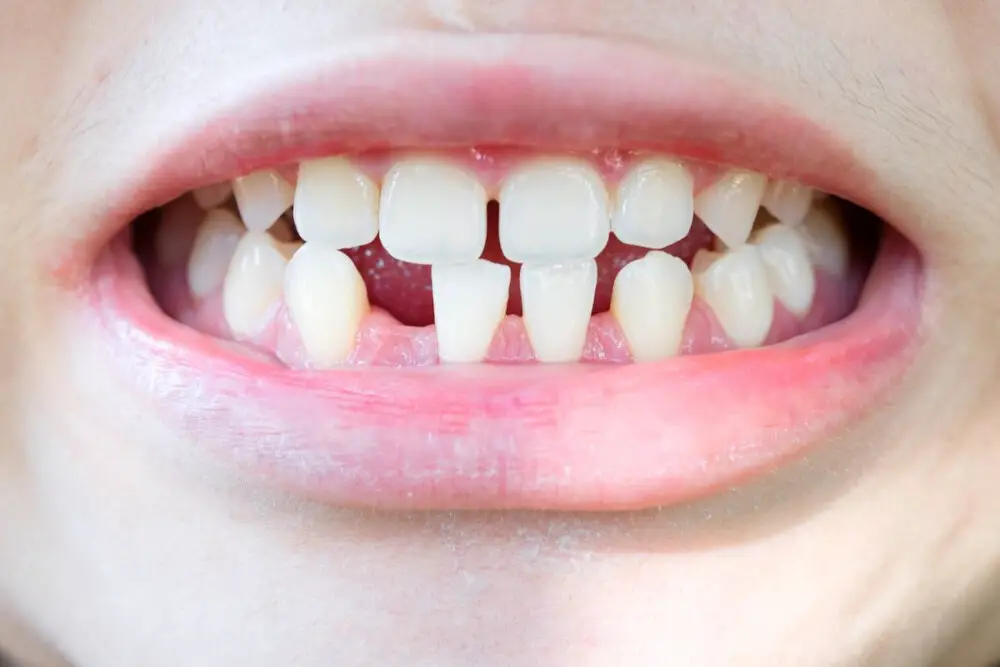
Wisdom teeth removal is a common dental procedure that many people undergo. After the surgery, it is important to allow for proper healing time to ensure a quick and painless recovery. The healing time after wisdom teeth removal can vary from person to person, but on average it takes about 7-10 days for the mouth to fully heal. During this time, it is important to follow the post-operative instructions provided by your dentist or oral surgeon to ensure a successful recovery. The first few days after surgery are the most crucial for healing. It is recommended to rest and avoid any strenuous activities that can increase blood flow to the surgical site. Swelling and discomfort are common during this time and can be managed with pain medication and ice packs. A soft, bland diet is also recommended to avoid any irritation to the surgical site. As the days pass, the swelling and discomfort will subside, and you can gradually return to your normal activities. It is important to attend any follow-up appointments with your dentist or oral surgeon to ensure the healing process is progressing as it should.
Average healing time after wisdom teeth removal varies from person to person, as it depends on various factors such as age, overall health, and the complexity of the procedure. On average, it can take up to two weeks for the gums to heal completely. During this time, it is essential to follow all post-operative care instructions provided by your dentist. This includes avoiding certain foods that can disrupt the healing process, such as hard or crunchy foods. It is also important to keep the extraction site clean by gently brushing and rinsing with saltwater. By following these guidelines, you can ensure a faster and more comfortable healing process.
Several factors can affect the healing time after wisdom teeth removal, including the complexity of the extraction, the patient’s age, overall health, and compliance with post-operative care instructions. Smoking and alcohol use can also delay healing, as can certain medications that thin the blood or interfere with the blood clotting process. In addition, eating hard or crunchy foods too soon after surgery can cause damage to the surgical site and prolong the healing process. It is essential to follow the dentist or oral surgeon’s instructions carefully and avoid anything that could impede the healing process.
Following instructions after wisdom teeth removal is crucial to ensure proper healing and prevent complications. One of the most important instructions is to avoid solid foods for the first few days and stick to a soft food diet to allow the surgical site to heal properly. Failure to do so can lead to food particles getting trapped in the extraction site, causing infection and delaying the healing process. It’s also important to avoid smoking, drinking through a straw, and vigorous rinsing to prevent dislodging the blood clot and delaying the healing process. By following these instructions, you can promote faster healing and reduce the risk of complications, allowing you to enjoy a delicious burger sooner rather than later.
When Can You Eat a Burger After Wisdom Teeth Removal?
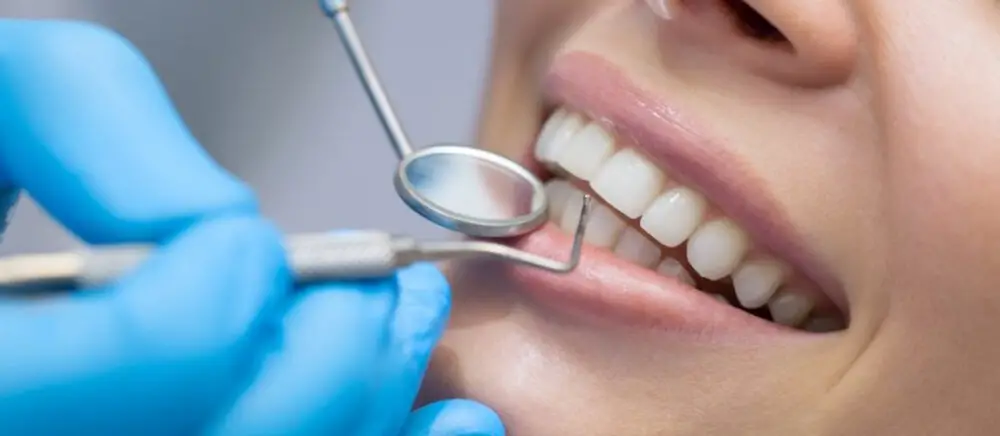
After wisdom teeth removal, it is crucial to give your mouth enough time to heal and recover properly. While you may be craving your favorite burger, it is best to avoid hard and crunchy foods for the first few days after surgery. The first 24 hours after surgery, you should only consume clear liquids, such as water and broth. After the first day, you can slowly start to introduce soft foods into your diet, such as mashed potatoes, scrambled eggs, and soup. However, it is important to avoid any foods that require a lot of chewing or that may get stuck in the extraction site, as this can cause irritation and delay the healing process. Generally, it is recommended to wait at least a week before consuming any solid foods, including burgers. Once you have fully healed, you can enjoy your favorite burger without any discomfort or risk of infection. In addition to avoiding solid foods for the first week, it is also important to maintain good oral hygiene practices to prevent infection and promote healing. This includes gently brushing your teeth twice a day and rinsing your mouth with salt water after meals to reduce inflammation and promote healing. You should also avoid smoking, as this can delay the healing process and increase your risk of infection. If you experience any pain, swelling, or bleeding after surgery, contact your dentist or oral surgeon immediately to ensure proper treatment and care. By following these guidelines, you can ensure a quick and successful recovery after wisdom teeth removal and enjoy your favorite burger once again.
Burgers are not considered suitable immediately after surgery due to several reasons. Firstly, they require a lot of chewing, and the grinding motion can put pressure on the area where the surgery was performed, leading to pain and discomfort. Secondly, burgers are often high in fat and salt, which can increase inflammation and delay the healing process. Additionally, the hard and crunchy texture of the bread and toppings can dislodge the blood clot that forms over the extraction site, leading to a painful condition known as dry socket. Therefore, it is recommended to avoid burgers and other hard-to-chew foods for at least a few days after wisdom teeth removal to promote proper healing and minimize discomfort.
Several factors determine when it is safe to eat a burger after wisdom teeth removal. Firstly, the healing process varies from person to person, and it can take up to two weeks for the gums to fully heal. Secondly, the type of burger you plan on eating plays a significant role. A burger with tough, chewy meat or with hard, crunchy toppings like onions and pickles should be avoided until the gums have healed completely. Thirdly, any bleeding, swelling, or pain should have subsided before eating a burger. Lastly, it is recommended to avoid any hot or spicy foods that can cause irritation to the healing gums. Overall, it is best to wait until the gums have fully healed before indulging in a delicious burger.
The general timeline for reintroducing solid foods after wisdom teeth removal depends on the individual’s healing progress. In general, it is recommended to stick to a soft or liquid diet for the first few days after surgery to allow the extraction sites to heal properly. After that, it is safe to gradually reintroduce solid foods. However, it is important to avoid hard, crunchy, or chewy foods that can irritate or dislodge the healing tissue. It is best to start with soft foods like mashed potatoes, yogurt, and soup, and then slowly transition to firmer foods over the course of several days. It is important to listen to your body and avoid any foods that cause discomfort or pain.
Tips for Eating Burgers After Wisdom Teeth Removal
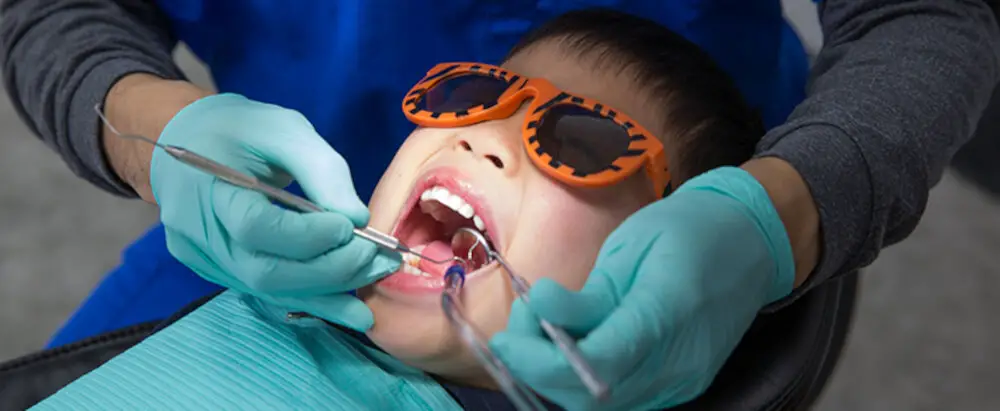
After a wisdom teeth extraction, the recovery process can be painful and uncomfortable. During this time, it is essential to follow a proper diet to speed up the healing process and avoid any complications. However, it does not mean that you have to give up your favorite foods, such as burgers. To enjoy a juicy burger after wisdom teeth removal, here are some tips to follow. Firstly, it is recommended to wait for at least three days after the extraction surgery before eating solid foods. It is crucial to give your body enough time to heal and prevent any infections or complications. During this time, stick to soft and liquid foods such as soups, smoothies, and yogurts. After three days, you can slowly start incorporating solid foods into your diet. However, it is crucial to avoid any hard or crunchy foods that can damage the surgical site or cause bleeding. When eating a burger, make sure to cut it into small pieces and chew it slowly and carefully. Avoid using straws, as the suction can cause dry sockets, which can be painful and delay the healing process. Additionally, avoid adding any spicy or acidic sauces as they can cause irritation and discomfort. By following these tips, you can satisfy your burger cravings while ensuring a smooth and speedy recovery.
Preparing the burger to make it easier to eat after a wisdom teeth removal is crucial to ensure a comfortable and pain-free experience. To begin with, cutting the burger into smaller, bite-sized pieces can make it easier to chew and prevent any strain on the surgical site. Additionally, removing any hard or crunchy elements such as pickles, onions, or bacon can also help to avoid any discomfort. Adding a soft and creamy condiment like mayonnaise or avocado can add moisture to the burger, making it easier to swallow. Finally, lightly toasting the bun can also help to soften it, making it less likely to stick to the surgical site or cause any irritation. By following these simple tips, you can enjoy a delicious burger without any post-surgery discomfort.
Chewing on the opposite side of the mouth can be a useful technique when recovering from wisdom teeth removal. By avoiding the affected area, you can prevent any damage or irritation to the surgical site, which can significantly slow down the healing process. It might take some time to get used to chewing on the other side, but it’s an excellent way to promote a faster recovery and reduce the risk of complications. Additionally, it’s essential to avoid hard and crunchy foods, as they can put unnecessary pressure on the surgical area and cause discomfort. Instead, opt for soft, easy-to-chew foods like mashed potatoes, scrambled eggs, and soups in the first few days after the surgery.
After getting your wisdom teeth removed, it’s important to be careful with the foods you consume. One thing to avoid when eating a burger is hard or crunchy toppings. These can easily get stuck in the extraction site and cause irritation or even infection. Instead, opt for softer toppings such as avocado, caramelized onions, or even a fried egg. It’s also important to take small bites and chew slowly to prevent any damage to the healing area. By following these tips, you can still enjoy a delicious burger while taking care of your oral health.
Following postoperative instructions is crucial after any surgical procedure, including wisdom teeth removal. These instructions are designed to help minimize pain, reduce the risk of infection, and promote the healing process. Failure to follow these instructions can result in complications such as dry socket or infection, which can increase pain and prolong the recovery time. It is essential to follow the instructions provided by the dentist or oral surgeon, which may include dietary restrictions, medication schedules, and proper oral hygiene practices. By following these instructions, patients can ensure a smooth and successful recovery, allowing them to enjoy their favorite foods, like burgers, without any complications or discomfort.
After wisdom teeth removal, it is important to be cautious about what you eat to avoid irritating the surgical site and prolonging the healing process. When it comes to burgers, it is generally safe to consume them after a few days, as long as you follow some guidelines. Firstly, it is essential to ensure that the burger is not too hot, as heat can cause bleeding and inflammation. Secondly, opt for a soft burger with a tender bun that does not require much chewing. Finally, avoid any condiments and toppings that may be too spicy or acidic, as they can also cause discomfort and irritation. By following these precautions, you can enjoy a burger without compromising your recovery.
It is always better to err on the side of caution when it comes to your oral health. If you’re unsure about when to reintroduce solid foods after wisdom teeth removal, it’s highly recommended that you consult with a dentist. They can provide you with specific recommendations based on your unique situation and help prevent any potential complications. Don’t hesitate to reach out to a dental professional if you have any concerns, as they are the best source of information and guidance when it comes to post-operative care. Remember, taking care of your teeth and gums is essential for maintaining optimal dental health and overall wellness.
Conclusion
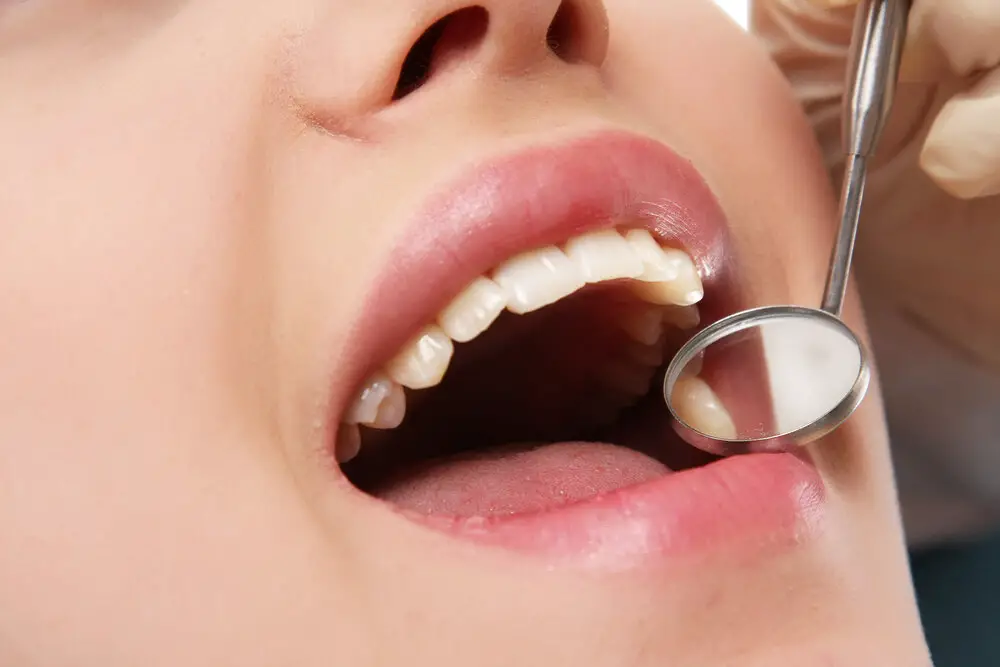
In conclusion, consuming a burger after wisdom teeth removal is not a good idea until you have fully healed. It is important to follow your dentist’s instructions carefully and stick to soft and easy-to-eat foods during the recovery period. Eating a burger too soon can lead to complications such as infection, bleeding, and delayed healing. It is best to wait until your dentist gives you the green light and advises you to resume a regular diet. Remember, patience is key when it comes to post-operative care, and taking good care of yourself is crucial for a speedy recovery. So, be mindful of what you eat and drink, and allow your body the time it needs to heal before indulging in your favorite foods.

